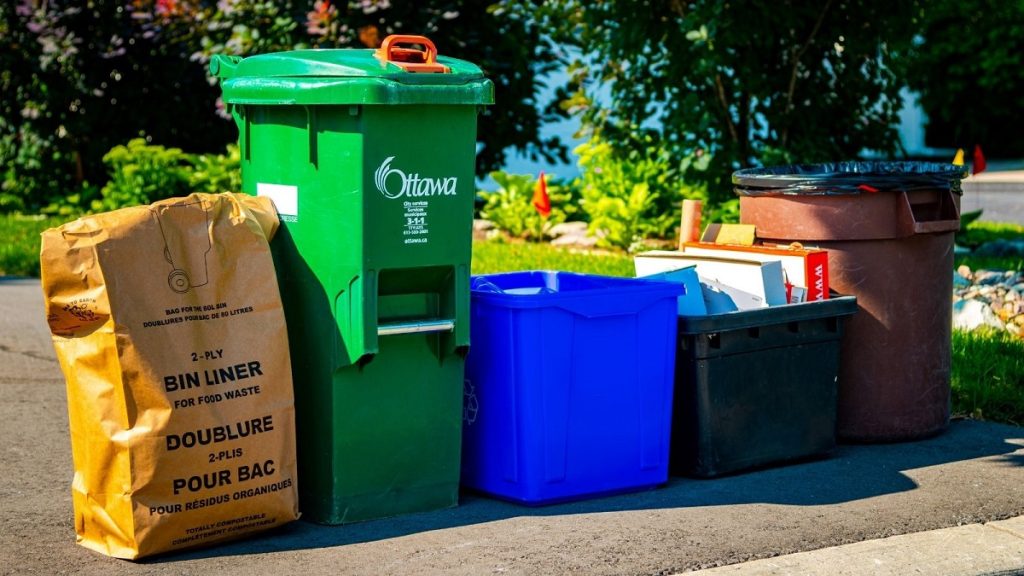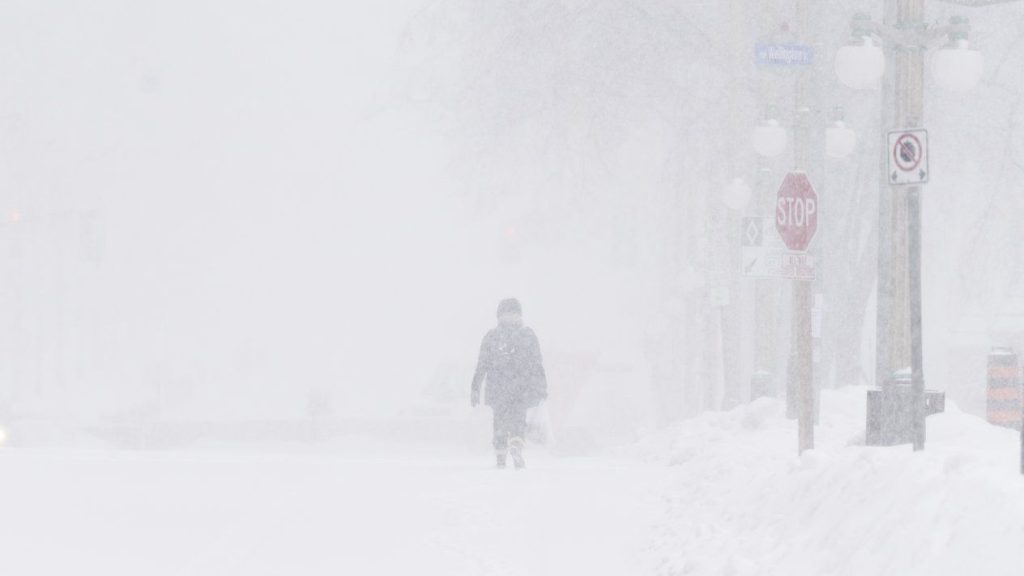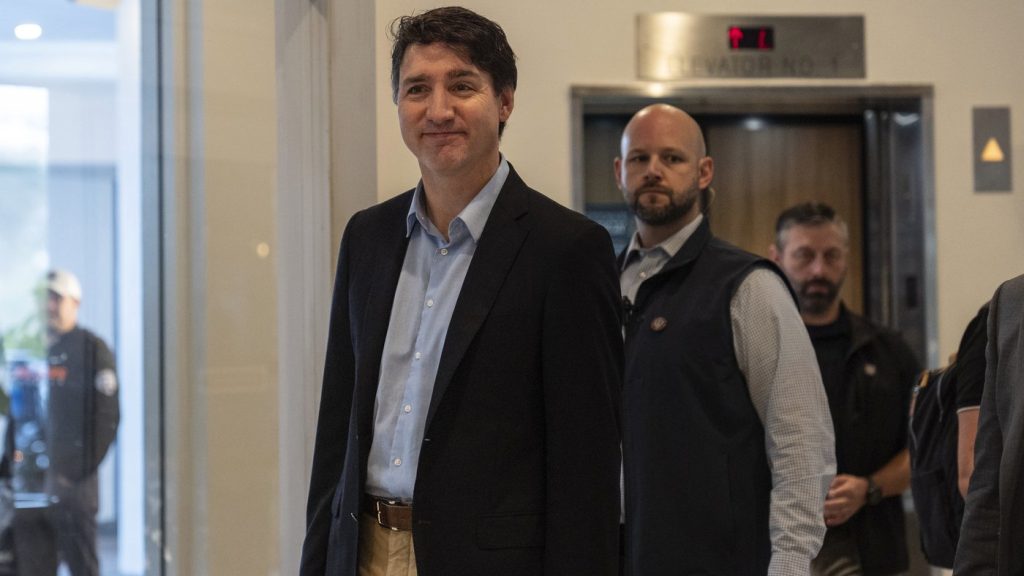Fisheries Department to shut 15 salmon farms off B.C.’s coast to protect wild fish
Posted Feb 18, 2023 01:37:50 AM.
VICTORIA — The plight of British Columbia’s endangered wild salmon came first Friday in the decision against renewing licences for 15 open-net Atlantic salmon farms in the Discovery Islands area off Vancouver Island, says the federal fisheries minister.
Joyce Murray said wild salmon are in serious, long-term decline, with some runs near collapse and the government is making their protection its priority.
The minister said her decision was “difficult,” and she spent the afternoon providing her reasons in phone calls to First Nations and industry officials before making the announcement.
“I have to take into account the plight of wild salmon, which are in a state of serious decline,” she said in an interview Friday. “I decided this was a situation that deserved very precautious measures and that’s why I made the decision not to re-licence the Atlantic salmon aquaculture facilities in the Discovery Islands.”
The Discovery Islands area is a key migration route for wild salmon where narrow passages bring migrating juvenile salmon into close contact with the farms, Murray said.
Wild salmon face multiple threats, including climate change, habitat degradation and overfishing, but keeping fish farms out of the Discovery Islands area is a move government can make to lessen their challenges, she said.
Murray also said recent science indicates uncertainty over the risks posed by the farms to wild salmon, and the government is committed to developing a responsible plan to transition away from open-net farming in coastal B.C. waters.
The farms off B.C.’s coast have been a major flashpoint, with environmental groups and some Indigenous nations saying they are linked to the transfer of disease to wild salmon, while the industry and some local politicians say thousands of jobs are threatened if operations are phased out.
“There have been some assessments by DFO that suggest minimal risk and there’s also been science since that main assessment that has been suggesting that there may well be risks from the viruses and sea lice from the farms,” said Murray.
She said the decision came after extensive consultations with First Nations, the industry and others, and the department is taking a “highly precautionary” approach to managing salmon farming in the area.
“From my perspective, because wild salmon are iconic for British Columbians, First Nations and non-First Nations alike, and that there are those cumulative pressures on wild salmon, I have to not only do everything I can to protect wild salmon through reducing fisheries and rebuilding habitat, I also need to eliminate the risk of additional stressors from salmon aquaculture,” said Murray.
B.C.’s First Nation Wild Salmon Alliance issued a statement supporting the decision.
“Minister Murray made a strong decision today and demonstrated great leadership advancing the DFO primary objective of environmental protection and safeguarding wild salmon,” said alliance spokesman Bob Chamberlin.
But Murray’s decision was not universally applauded.
The Coalition of First Nations Finfish Stewardship, representing some First Nations in the Discovery Islands area, said in a statement the decision does not respect their sovereignty to operate fish farms in their traditional waters.
“First Nations from the coast are trying to find their feet when it comes to reclaiming what was taken away from them by the federal government,” said coalition spokesman Dallas Smith. “Whether it’s creating marine protected areas or deciding whether they want to host fish farms, coastal nations are trying to take back their inherent rights to manage their traditional waters.”
The B.C. Salmon Farmers Association has said an economic analysis concluded the province could lose more than 4,700 jobs and up to $1.2 billion in economic activity annually if salmon farm licences are not renewed.
It called Murray’s decision “devastating” for the coastal communities that rely on the aquaculture sector.
“Local communities have been hurting since the decision to remove the farms was announced in 2020, and thanks to this wilfully uninformed decision announced earlier today, these communities will continue to experience negative socio-economic impacts of an outcome that was based on politics rather than science,” said Brian Kingzett, the association’s executive director, in a statement.
The Canadian Aquaculture Industry Alliance also said the decision will cut jobs in rural communities and increase food costs.
“This decision goes against First Nations Reconciliation, increases food costs for Canadians and undermines food security and has broad-reaching implications for employment and economic opportunity for people in rural, coastal and Indigenous communities, and our global trading markets,” the alliance said in a statement.
Murray’s mandate letter from Prime Minister Justin Trudeau tasked her with developing the plan to shift from open-net salmon farming in B.C. waters by 2025, while working to introduce Canada’s first Aquaculture Act.
Fisheries and Oceans said last summer that open-net salmon farms may continue operating during a consultation process, with the final plan to transition 79 farms expected to be released later in the year.
Former B.C. premier John Horgan sent a letter to Prime Minister Justin Trudeau last March saying there was widespread concern the federal government is poised to make a decision that could threaten hundreds of jobs and the economies of coastal communities.
Murray said the federal government is committed to developing a “responsible plan to transition from open-net pen salmon farming in coastal B.C. waters.”
This report by The Canadian Press was first published Feb. 17, 2023.
Dirk Meissner, The Canadian Press








